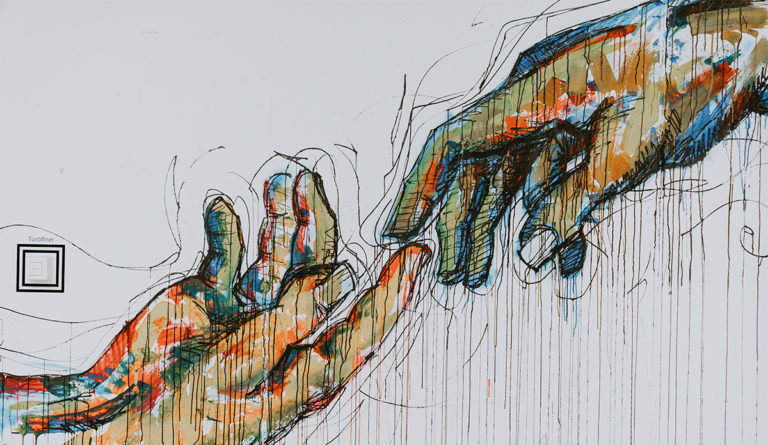Compassion Fade
To counteract compassion fade, a change in emotional response, it’s important to reflect and be deliberate about our response to human suffering.

Read Time: 3 minutes
Published:
As the number of lives affected by tragedy—whether due to a raging wildfire, mass shooting, or hurricane—climbs (or is made more public), our immediate, emotional response changes. In fact, paradoxically, it diminishes. This “compassion fade” has far-reaching implications for how we think about the welfare of society and respond to human suffering. It also highlights certain human tendencies that may be out of our control.
In a recent study, researchers designed a series of tests to better understand the way compassion fade works. In one scenario, participants were given a description and photo of an impoverished seven-year old girl and nine-year old boy. Participants were told that with their financial help, the lives of the children would be changed—a charity organization would provide food, education, housing, and basic medical care to one or both of them. Participants were then asked to self-report: 1) their willingness to donate and how much they would give; 2) their feeling about helping, from slightly negative to positive; and 3) the probability that their donation would make a real difference, from ‘not at all likely’ to ‘very likely.’
Both affect and donations significantly decreased when participants were told they could save the lives of both needy children compared to just one, ultimately suggesting that when lives are at stake, feelings necessary to take life-saving action peak when just one person’s life is threatened.
Practicing compassion may be uncomfortable, but it may be critical to override our inherent, limited ability to empathize when many lives are affected.
In another scenario, researchers gave participants a sum of cash and an envelope with a charity request letter and questionnaire. The letter presented the same information about the two children in the previous scenario and presented the option of donating to one or both of them. The questionnaire collected responses for the same three measures. Again, ratings of affect and donations were significantly higher in the one-child scenario, supporting the finding that our emotional response and willingness to help a single person in danger is more positive than for more than one.
Not only are we less likely to help more than one individual in need, but we may also begin to feel negatively toward additional individuals; we attempt to cope with those feelings by averting attention away from the problem.
These results and compassion fade in general may help explain the tendency to view tragedies as abstract occurrences out of our control, thus making them relatively easy to ignore. Compassion fade inhibits our ability to address mass crises and urgent public health needs not only in the US, but across the globe. World leaders may be less inclined to address problems affecting millions of unidentified lives in favor of helping a small number of identified individuals.
To counteract compassion fade, it’s important to reflect and be deliberate about our response to human suffering. Does a singular mass shooting elicit greater affect than the scores of lives lost to contagious disease? Practicing compassion may be uncomfortable, but it may be critical to override our inherent, limited ability to empathize when many lives are affected.
Photo by 🇨🇭 Claudio Schwarz | @purzlbaum on Unsplash



